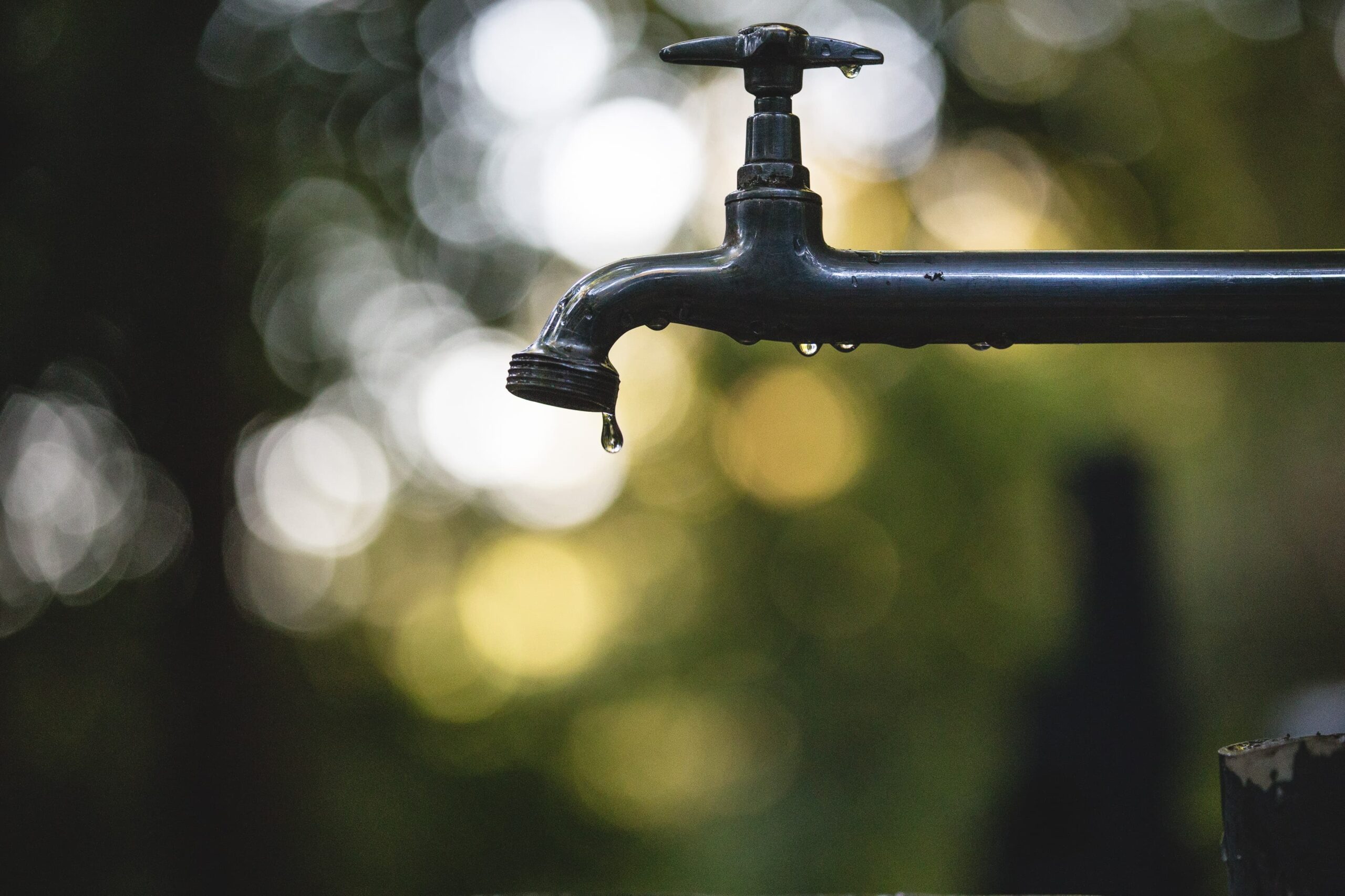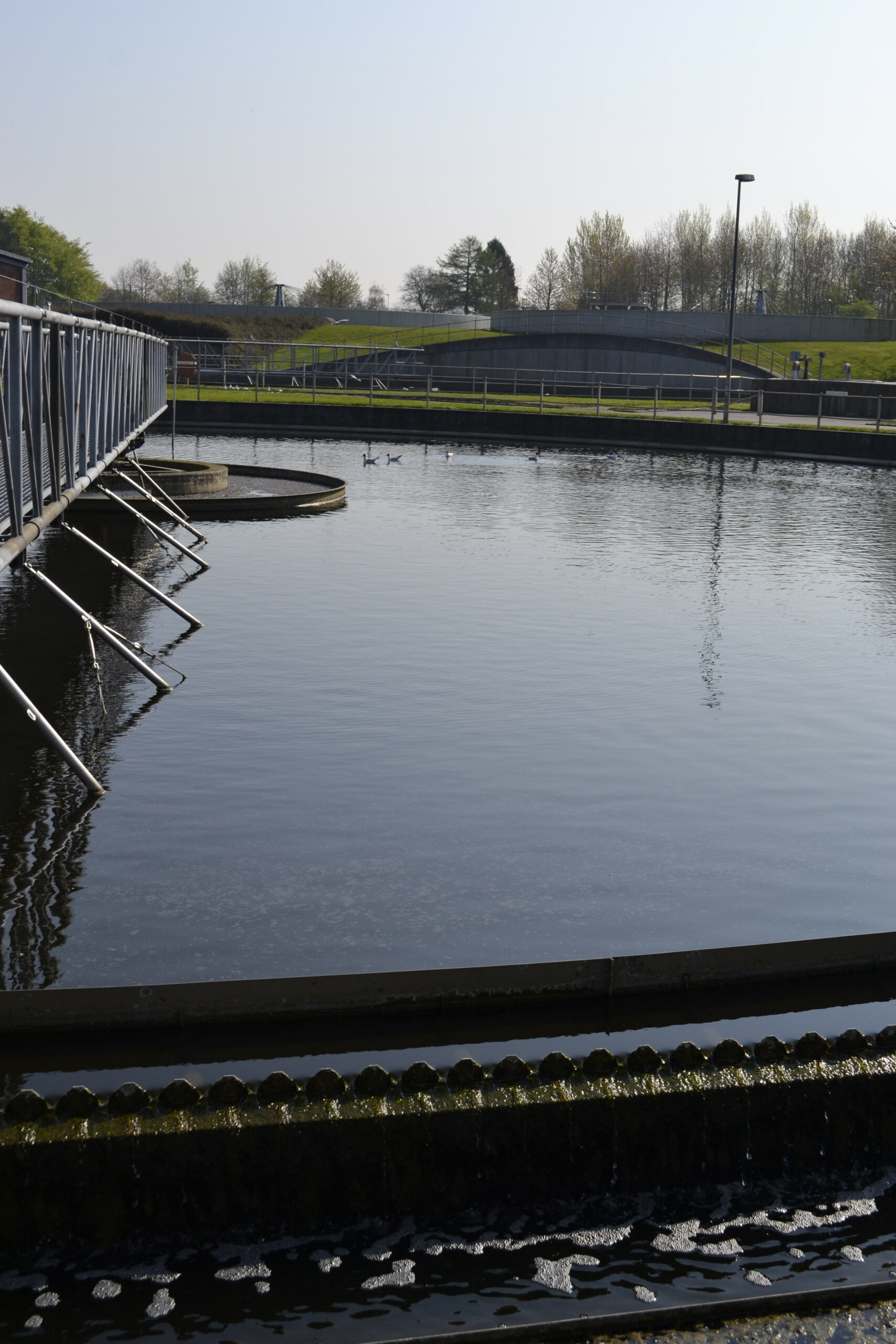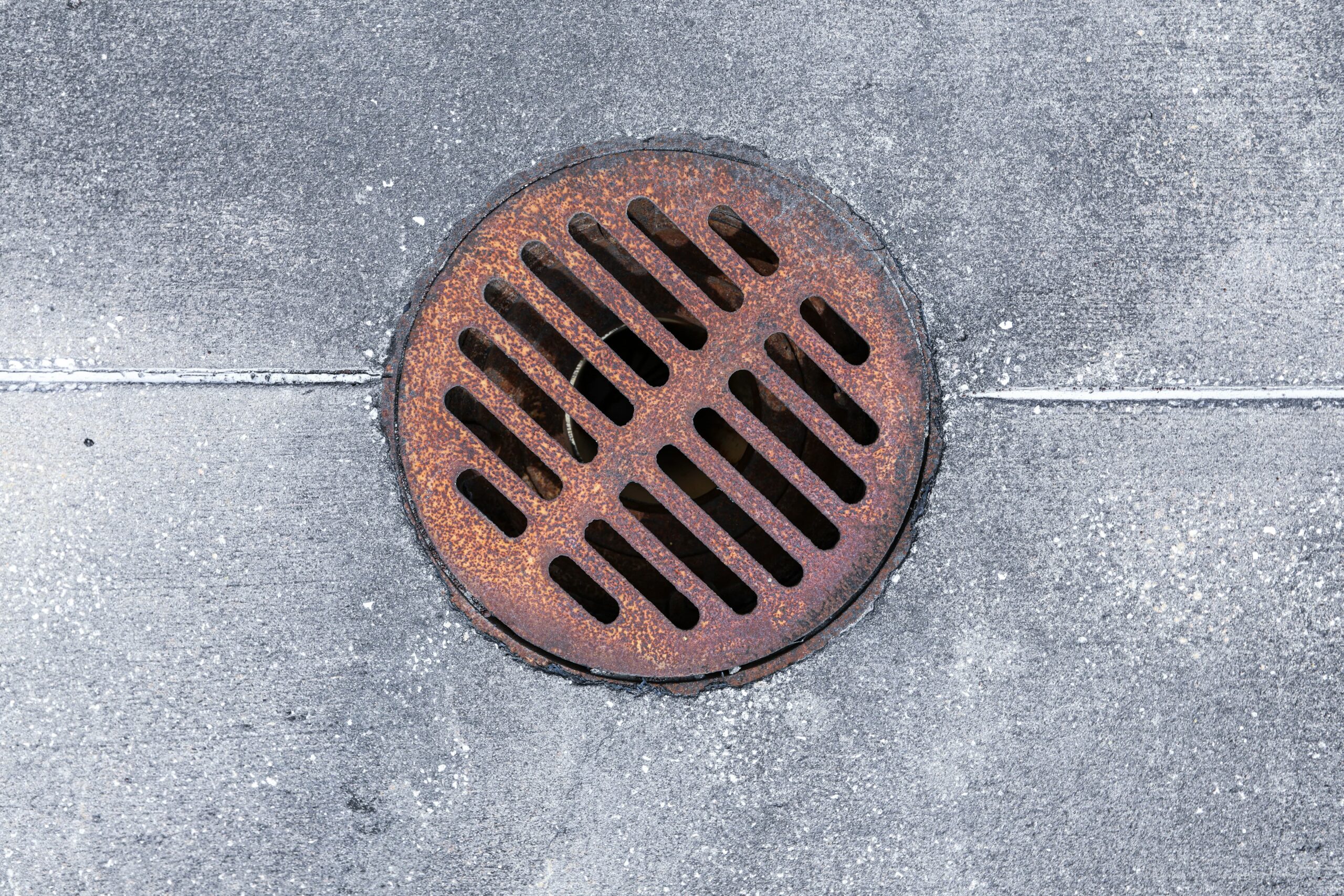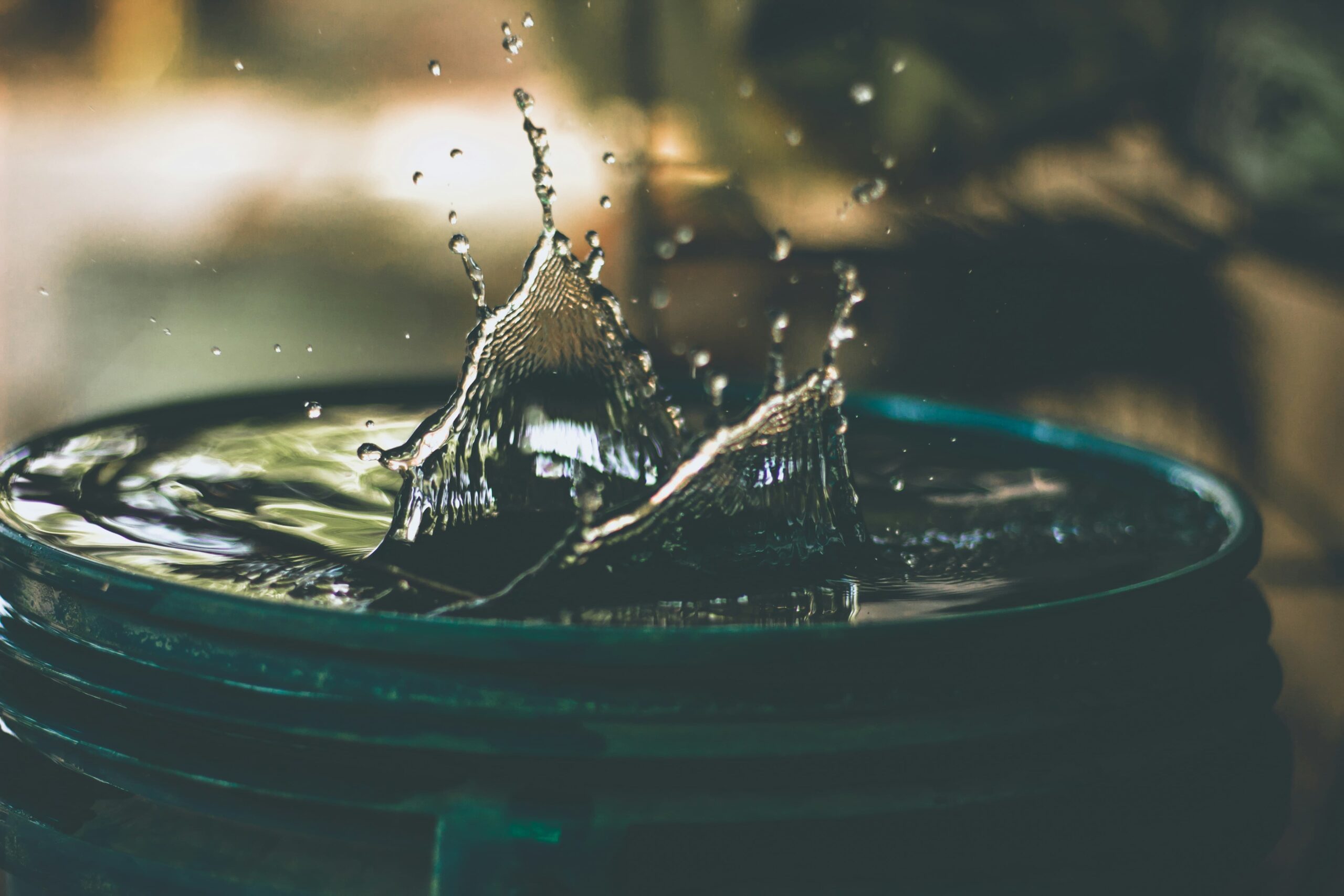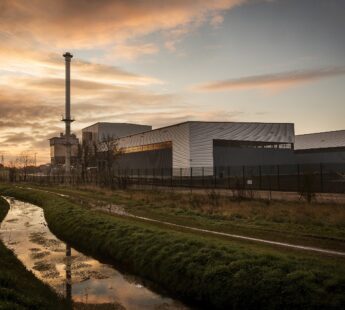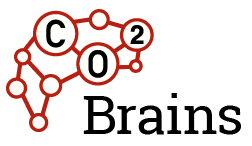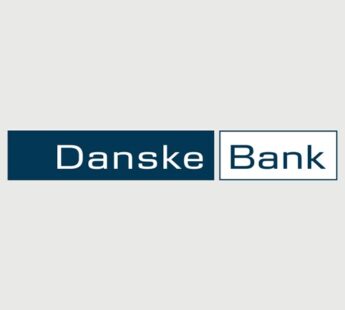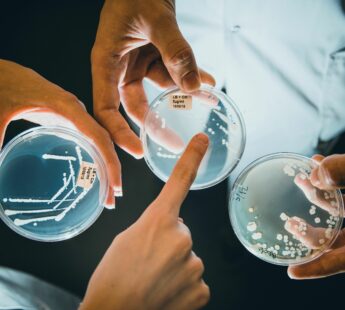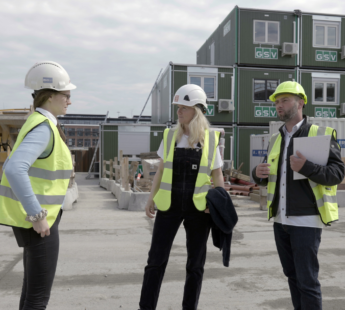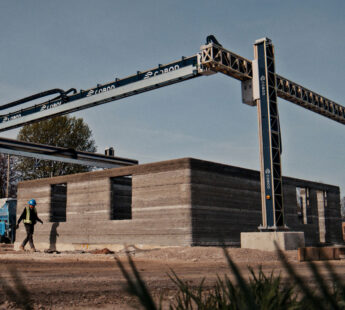News
Bioenergy
Biogas
District energy
+6
New Plant to Treat Green Waste and Wastewater


The vision is for the biogas to be utilised as fuel in local vehicles e.g. waste disposal vehicles and city busses in Vejle.
At the moment, Vejle Spildevand has unexploited capacity at their digester where the surplus sludge from the wastewater treatment (and, in the longer term, from the organic food waste as well) is turned into fertilizer and where the biogas is produced.
We are close to completing the first phase of the project where we have analysed and examined whether creating a long-term sustainable solution is possible in practice – in terms of environment, economics and technicalities – and also whether the waste has the sufficient potential, explains Søren Brandt in a press release. He became manager for the project back in September 2016.
Positive results so far
So far, the results have been promising. The project came off to good start and nothing seems to get in the way of the process nor the vision.
The next step is partly completing a number of technical pilot projects at the plant where the analyses will be translated into practice, partly involving the citizens through a number of campaigns and development initiatives.
We have to look at the so-called green flow of waste and our waste separation. We have to involve the city’s citizens, especially in tower blocks and institutions, and explain to them why the current separation makes good sense and [communicate] the significant difference waste separation can have on Vejle as a city, says Søren Brandt who is also in dialogue with a number of the municipality’s additional stakeholders.
The reason for the premature reconstruction
As a part of the project, efforts to prepare the treatment plant for the handling of great amounts of organic waste has already begun. Although the digesters have available capacity, the treatment of organic waste means a significantly higher level of nitrogen, which is problematic for the next part of the treatment process.
For this reason, Vejle Spildevand has now initiated the reconstruction of an older, unexploited digester at the plant:
- Even though we are still in the planning- and development phase, we have commenced the reconstruction. This is partly in order to bring the organic waste to the plant, and partly to give the new plant value regardless of the project’s outcome. The new plant will be able to reduce the treatment plant’s total emission of nitrogen with approximately twenty percent, which is a lot. Also, by removing the nitrogen early in the process, we reduce the need to use valuable energy on removing nitrogen from wastewater later in the process. The investment will be able to make a profit over five to seven years, says Søren Brandt.
The new, extended plant is scheduled for this coming summer.
Facts about Vejle Spildevand
- Vejle Spildevand was established in April 2010. The company is responsible for the drainage of rain- and wastewater including treatment of wastewater from approximately 28,000 households and a number of companies in Vejle Municipality.
- In total, an annual 20-16 million cubic metres of wastewater from around 170,000 PE (person equivalent = the quantity of pollution produced by one singular person) is treated. ¨
- The company has an annual turnover of approximately DKK 190 million, a equity of over DKK 3 billion, and a staff of 45 well-educated employees. Vejle Spildevand has almost 1,800 km of sewer pipes, over 350 pump stations, and nine treatment plants.
- The company covers the whole of Vejle Municipality.
You should consider reading
Perspective
Resource recovery from wastewater
+1
